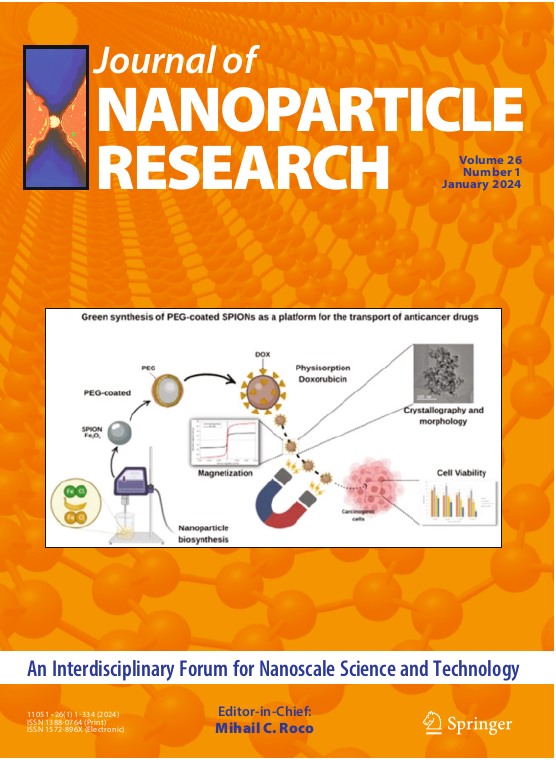β-cyclodextrin inclusion complex as a potent delivery system for enhanced cytotoxicity of paclitaxel in triple-negative breast cancer cells
Abstract
The toxicity of drugs to normal cells exhibits a significant risk to human health. Currently, researchers worldwide are striving to develop custom-designed drugs that have reduced toxicity and fewer side effects. Polymeric nanoparticles have drawn interest in being a suitable anticancer drug carrier and molecular visualization. Paclitaxel (PTX) has great potential as an anticancer drug though it suffers from poor aqueous solubility, limiting its therapeutic efficacy. This study investigated a novel β-cyclodextrin (β-CD) inclusion complex for enhanced PTX delivery against triple-negative human breast cancer (aka. MDA-MB-231). Molecular docking simulations indicated the strongest binding between β-CD and PTX compared to α-CD and γ-CD. The 1:2 molar ratio of β-CD to PTX achieved the highest entrapment efficiency (over 95.23%) and improved PTX solubility. Characterization techniques confirmed the successful formation of inclusion complex PTX-β-CD (IC). The IC exhibited critical cytotoxicity against MDA-MB-231. It diminishes colony formation and hampers the migration of cells. Evaluation of cellular morphology by apoptosis assays demonstrated the formulations’ impact on both the cytoskeleton and cytotoxicity of MDA-MB-231, potentially inducing apoptosis. The synthesized IC shows significant potential for pharmaceutical development.


 求助内容:
求助内容: 应助结果提醒方式:
应助结果提醒方式:


